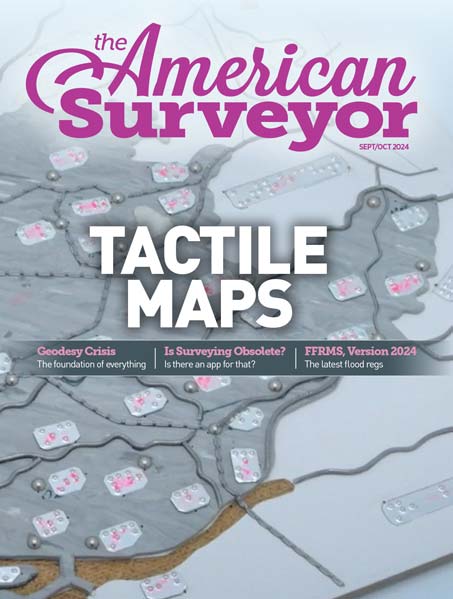Associated Builders and Contractors’ (ABC) Construction Backlog Indicator (CBI) declined 3.2 percent during the first quarter of 2015. Construction firms report a revenue-weighted average CBI of 8.4 months, 0.3 months below the fourth quarter of 2014 reading. Year over year, CBI has increased 4 percent from the first quarter of 2014 backlog of 8.1 months.
"Weather and a myriad of other factors always make the first quarter CBI difficult to interpret," said ABC Chief Economist Anirban Basu. "A brutal winter may have postponed project-related work, including the signing of contracts. The first quarters of 2012 and 2014 also experienced CBI declines that effectively were reversed during the ensuing second quarters.
"However, there is a reason to believe seasonal forces were not the only factors in reducing CBI," Basu said. "Sharp reductions in oilfield investment impacted a number of companies in the Middle States, while firms in the West appear to have been disproportionately impacted by the West Coast port slowdown. Weather and the port slowdown represent temporary factors, implying that backlog should re-establish an upward trajectory during the months to come.
"Construction was hardly the only segment of the economy to be impacted by weather, labor disputes and lower energy prices," said Basu. "The entire macro-economy failed to expand during the year’s initial quarter. Still, economic fundamentals remain relatively strong. Job growth continues to expand, unemployment is below 6 percent and wage gains are steadily building. With fuel prices still low, consumer spending is positioned to remain the primary driver of economic expansion. Residential construction also has picked up in recent months, with even the single-family market showing signs of life."
For additional analysis click HERE.
Regional Highlights
• Were it not for the West, overall CBI would have actually increased during the first quarter.
• Backlog in the South, which is now adding more jobs than any other region of the country, is at the highest recorded level for the region in the history of the series.
• Forward-looking construction indicators have not deteriorated in the Middle States despite a general decline in commodity prices during the past year.
Industry Highlights
• Despite a stronger U.S. dollar and weak export growth, CBI in the heavy industrial segment established a new high for the series during 2015’s initial quarter.
• Firms involved in the infrastructure segment also continue to get busier. Despite the impact of winter weather, backlog remained essentially unchanged during the first quarter compared to the end of 2014, and is up by nearly two months during the past year (to an average of 10 months).
• Given expected levels of consumer spending during the second quarter of 2015 and beyond and ongoing employment growth in professional services, health care, hospitality and financial services, the expectation is that backlog expansion in the commercial/institutional segment will resume during the months ahead.
See Charts and Graphs
Highlights by Company Size
• Backlog declined across all firm sizes except for those with annual revenue between $30 million and $50 million on a quarterly basis.
• On a year-over-year basis, firms with annual revenue below $30 million experienced a slight increase in average backlog, from 7.2 months to 7.3 months.
• The largest firms have sustained a loss in average backlog during the past year, from 11.7 months to 10.4 months. These are the firms most likely to be impacted by the slowdown in oil patch spending.
To read more about the latest CBI, click HERE.
About CBI
CBI is a leading economic indicator reflecting the amount of construction work under contract but not yet completed. CBI is measured in months with a lengthening backlog implying expanding demand for construction services.
About ABC
Associated Builders and Contractors (ABC) is a national construction industry trade association representing nearly 21,000 chapter members. Founded on the merit shop philosophy, ABC and its 70 chapters help members develop people, secure work and deliver that work safely, ethically, profitably and for the betterment of the communities in which ABC and its members operate.
